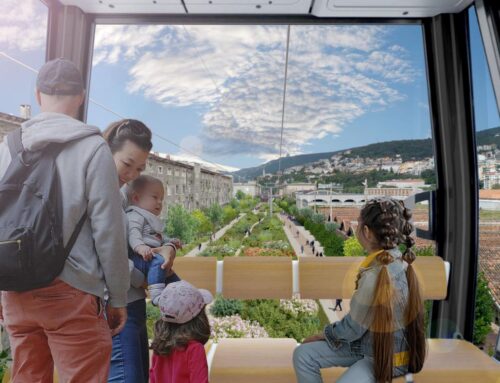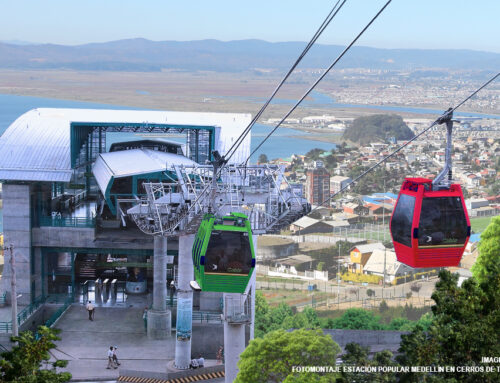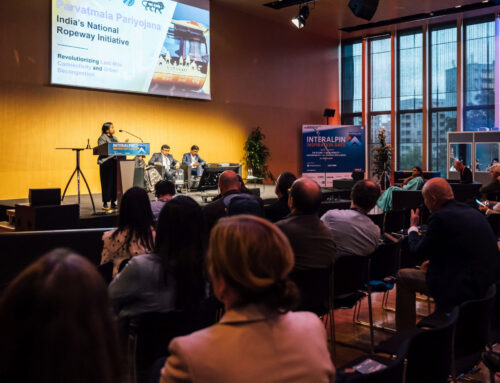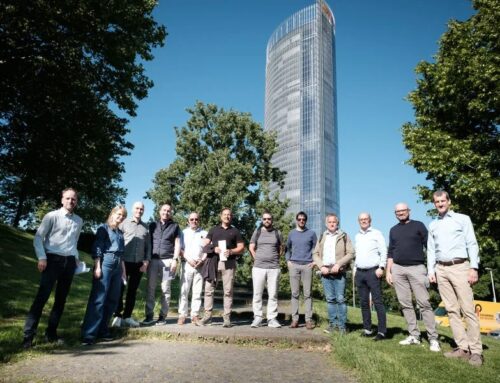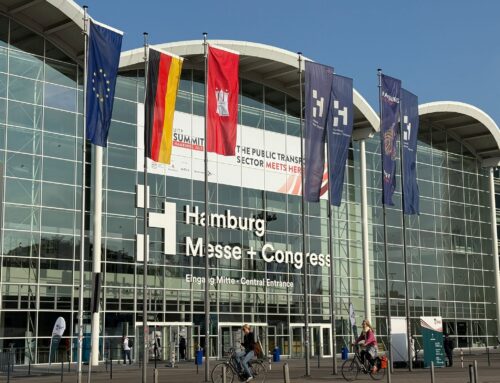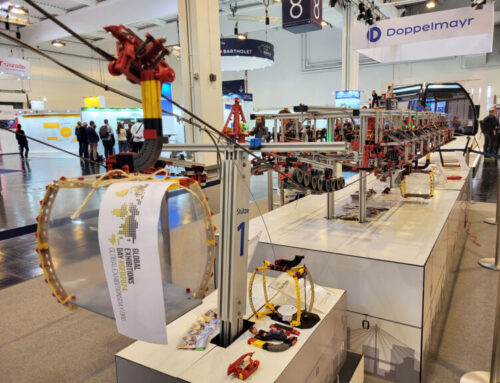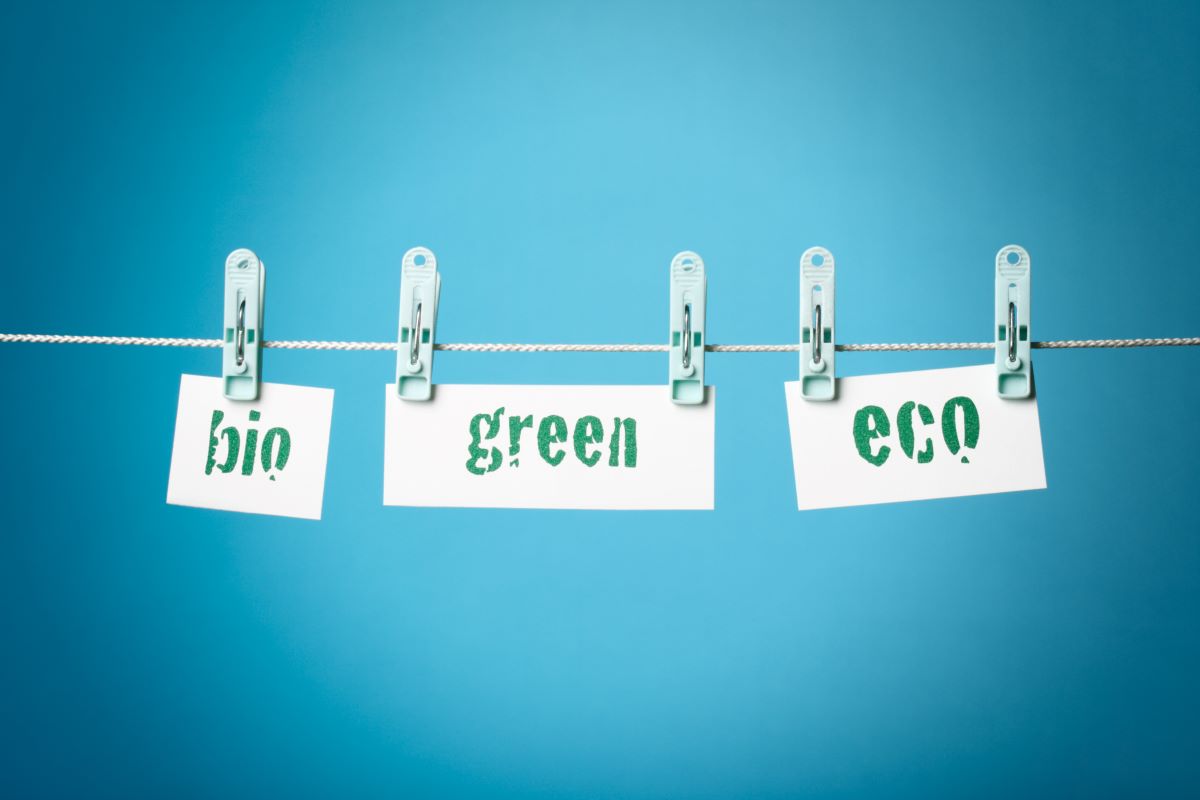
Cities
Solidarity in mobility: How can transport become social and sustainable?
In view of climate change and ongoing urbanization, the far-reaching socio-ecological transformation of our economy and way of life is almost a consensus in politics, science and business – at least in Europe.
Despite the knowledge of the need for social-ecological design, however, there is a gap between the guiding principles – such as avoiding traffic, shifting it and making it more efficient – and real action.
“This is due to the deeply rooted imperial mode of production and lifestyle,” political scientist Ulrich Brand is convinced.
The professor at the University of Vienna points to the automotive consensus as an example.
For example, 105,000 SUVs and off-road vehicles were registered in Austria in 2019, but only 26,000 cars with alternative drives, such as hydrogen or electric.
In addition, the car- and airplane-centric transportation system would be further cemented not only in Austria through road, tunnel and airport expansion.
The imperial way of life
According to Brand, the main problem of sustainability – which politicians, for example, do not dare to address – is the imperial way of production and life.
It manifests itself in everyday, expansive access to global labor assets and nature via the world market.
“It is not consciously evil, but pure habit,” Brand says succinctly. And it does so disproportionately on a world scale.
“The imperial way of life is politically, legally, ideologically, and sometimes overtly violently safeguarded. Corporate practice also tends to do this, but in some cases it is counteracted,” Brand says.
The imperial way of life tends to deepen in capitalist centers and spread spatially – for example in China. According to the motto: As in the West, so on Earth.
“The imperial way of life determines our ideas of ‘good life’ and social development,” the political scientist emphasizes. It is deeply anchored in society, he says, linked to interests, power and the profit principle – and manifests itself in daily practices, status and success. It is natural to live unyieldingly, he says.
Cars
are deeply embedded in the way people live. Photo: Pixabay
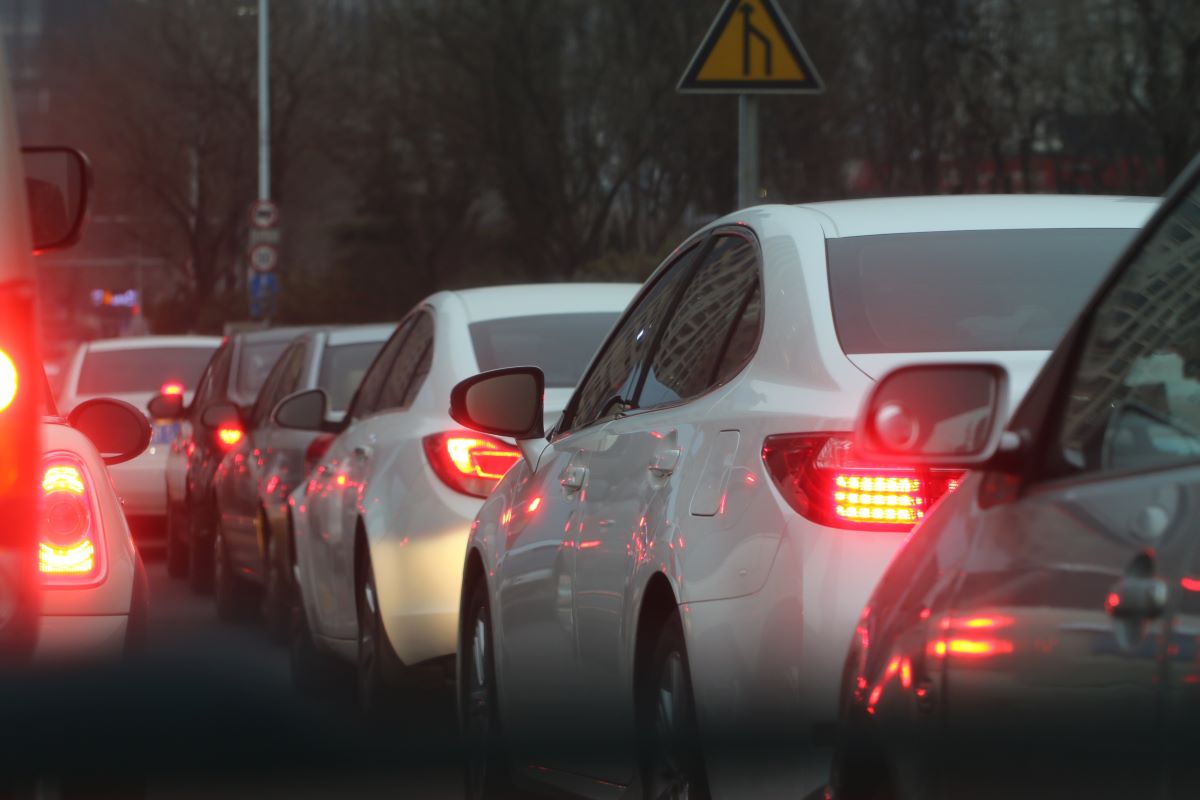
Taking the SUV to the organic farmer
“So when we talk about mobility in the future, we’re not just dealing with the issue of environmental awareness,” says Brand. Because the car, for example, is not just a functional means of transportation, but also status, the promise of freedom and masculinity.
“Nothing can happen to me with the SUV, I can get through safely – even to the organic farmer,” the political scientist sums up the contradictions.
Many would want to live environmentally consciously, but rely on the resource-intensive mobility system of cars and airplanes in everyday life, which generates enormous amounts of noise and consumes space.
“We have a false, individualistic and negative understanding of freedom here. The conditions of imperial au- to-mobility are income and location dependent. Moreover, mobility is often forced,” Brand is convinced.
Solidarity-based mobility
To make mobility more social and sustainable, he says, we therefore need two narratives for socio-ecological transformation:
“On the one hand, we may recognize the green economy as a modernization process – and see the opportunities and limitations. On the other hand, we must negotiate the solidarity-based mode of production and living in an open process!” said Brand.
The goal, he said, must be mobility for all – and not the big car for everyone: “The short trip to Mallorca or the trip in the SUV must become embarrassing!” To achieve this, he said, mobility constraints must be reduced and products beyond the e-car must also be diversified.
“We must not leave the mobility offers to the market alone. Clear rules, incentive systems and subsidies are needed,” says Brand.
At the same time, he says, investments for highways and airports must be halted, and parking lots must be scaled back. The model of a car-free city should ensure a good life for all – and not one at the expense of others.
Policitcal scientist Ulrich Brand
calls for solidarity-based mobility. Photo: SI Urban/Surrer
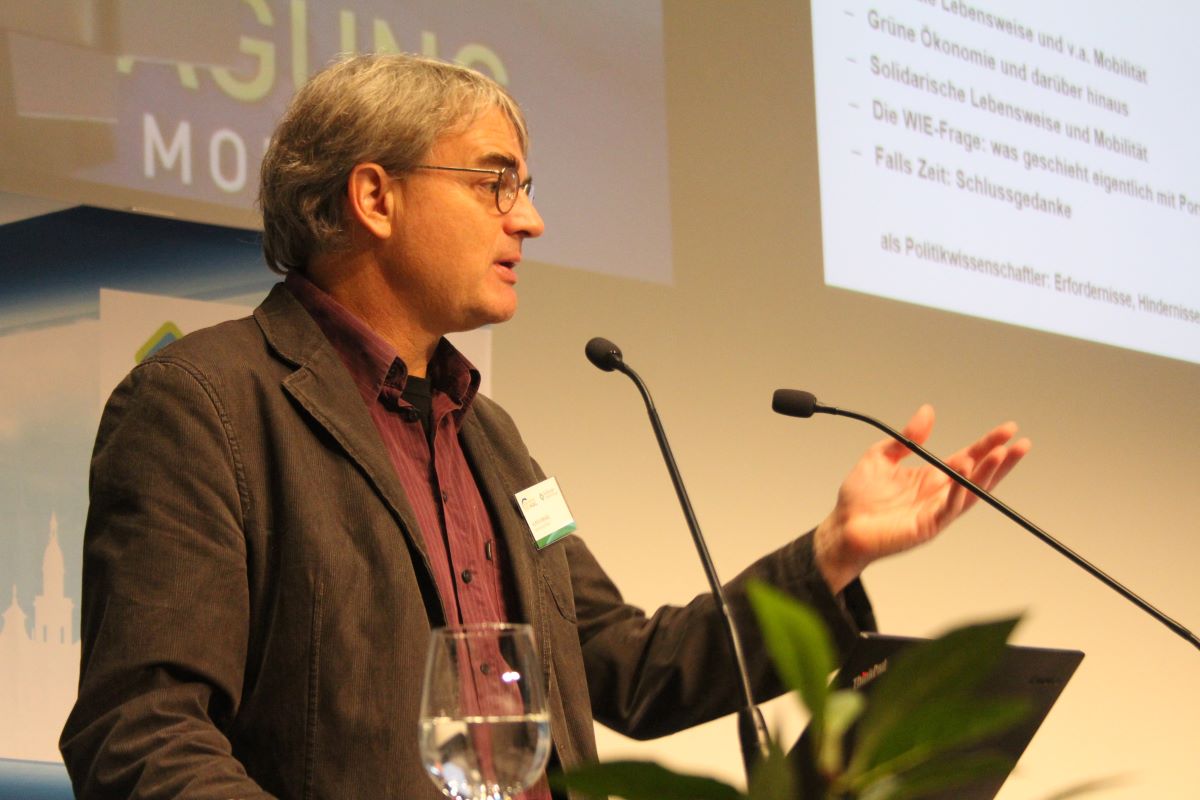
Dealing with the losers
Brand is aware, however, that the rebuild is not a win-win situation. After all, if there is no alternative, there are plenty of opponents:
“We have to be prepared for conflicts, many people will lose if they are not supported.”
The political scientist is thinking here of the thousands of employees in the loser industries and strong capital groups – but also of the car-loving population. In addition, there would be financing conflicts in and after the Corona crisis.
“We do not need bans, but rules, no mobility at the expense of others or at the expense of nature. Instead, we need a positive understanding of freedom,” Brand concludes.
